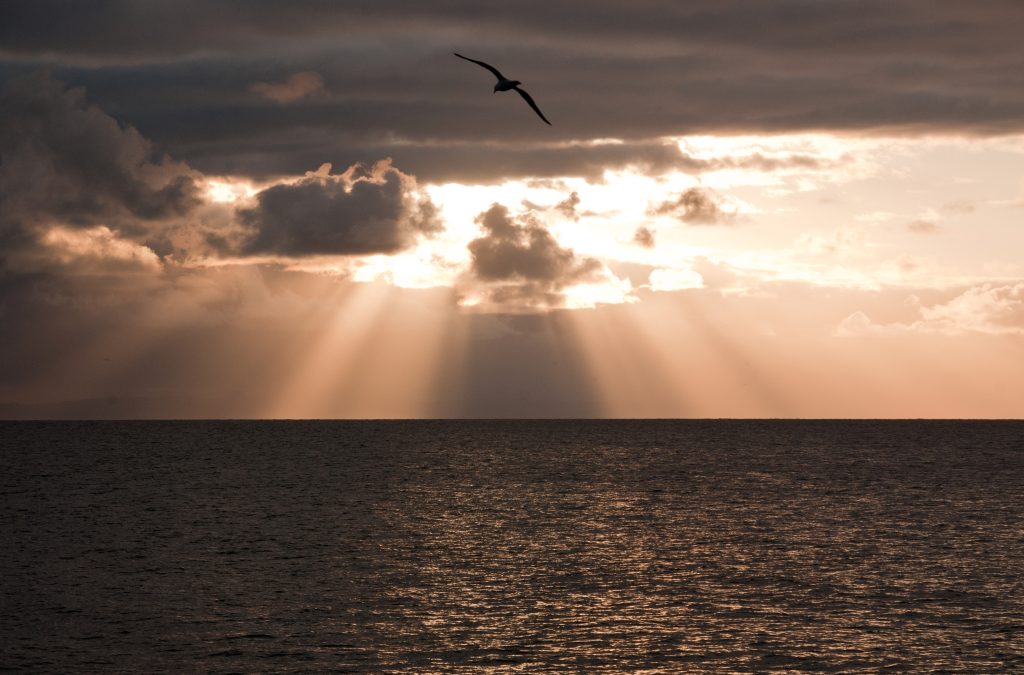Funding Opportunity: Interagency Working Group on Research for Farming Seaweeds and Seagrasses
The Bigelow Center for Seafood Solutions is excited to announce the request for applications for funding to support pilot studies relevant to the Interagency Working Group on Research for Farming of Seaweeds and Seagrasses, chaired by the USDA’s Agricultural Research Service and operating in partnership with the Bigelow Laboratory for Ocean Sciences’ Center for Seafood Solutions.
Three $100,000 awards will be granted to academic institutions or research nonprofits leading new research endeavors aimed to (1) deacidify ocean environments, (2) produce feedstock for agriculture applications, OR (3) develop other scalable applications for seaweed, seagrasses, or products derived from them.
To apply, go to the application login page below and click “CREATE NEW ACCOUNT” to set up a new account:
https://www.grantinterface.
All applicant eligibility and application requirements can be found on the application homepage.
Submission Deadline: June 1, 2022 5PM EDT
Applications will be reviewed by an academic panel and awards made this August.



